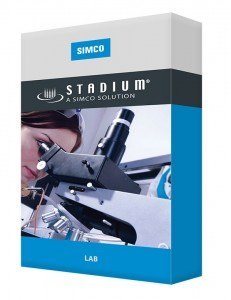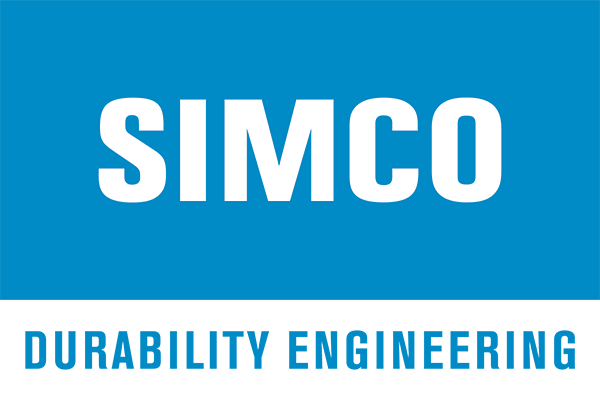Our solutions
- STADIUM® Mix Design
- STADIUM® New Construction
- STADIUM® Maintenance & Repair
- STADIUM® Infrastructure Asset Management
- STADIUM® Bridge Deck Tool
- STADIUM® UFGS
- STADIUM® CBP
- STADIUM® ECO
Featured projects
- Electric Power Research Institute (EPRI)
- Fehmarnbelt Fixed Link Tunnel
- Pulaski Skyway Substructure
- Rutgers University (CAIT) – BRP
Develop a technical basis for future inspections of hydro power plants based on degradation mechanisms affecting these structures and their associated risks
Concrete mixture optimization in accordance to durability requirements and for a service life of 120 years
investigation & durability analysis - Assess condition & provide repair options to extend service life by 75 years
Conduct comprehensive investigations, condition assessments and durability analyses of HPC concrete bridge decks
STADIUM® Lab
 The STADIUM® Lab software package is a web-based application used to analyze results from two test procedures: the migration test (a modified version of ASTM C1202) and the drying test (a modified version of ASTM C1585 under review for adoption by ASTM under the work item number WK37029) designed to characterize the transport properties of concrete. Both procedures are specified (and described in detail) in the Unified Facilities Guide Specification (UFGS) issued by the U.S. Department of Defense. The migration test generates information on the ion diffusivity of concrete, while the drying experiment provides information on the moisture permeability of the material.
The STADIUM® Lab software package is a web-based application used to analyze results from two test procedures: the migration test (a modified version of ASTM C1202) and the drying test (a modified version of ASTM C1585 under review for adoption by ASTM under the work item number WK37029) designed to characterize the transport properties of concrete. Both procedures are specified (and described in detail) in the Unified Facilities Guide Specification (UFGS) issued by the U.S. Department of Defense. The migration test generates information on the ion diffusivity of concrete, while the drying experiment provides information on the moisture permeability of the material.
The STADIUM® Lab software was developed to analyze results from these two tests and provide quantitative data on the transport properties of concrete. The analysis of the current curve measured during the migration test allows calculating the tortuosity of the material and the ion diffusion coefficients of all ionic species likely to penetrate and be leached out.
The analysis of the drying experiment leads to the determination of the moisture permeability of concrete and to the calculation of the parameters of its moisture isotherm. In addition to providing key information on the transport properties of concrete, all coefficients determined by STADIUM® Lab can also be used as input data in the full version of STADIUM® to perform long-term durability analyses.
Since it is a web-based application, the STADIUM® Lab software sends calculation requests to a remote server when users analyze laboratory test results. The calculations performed on the server use the same algorithms and models as those used in other versions of STADIUM® (such as the New Construction, Repair and UFGS modules).

